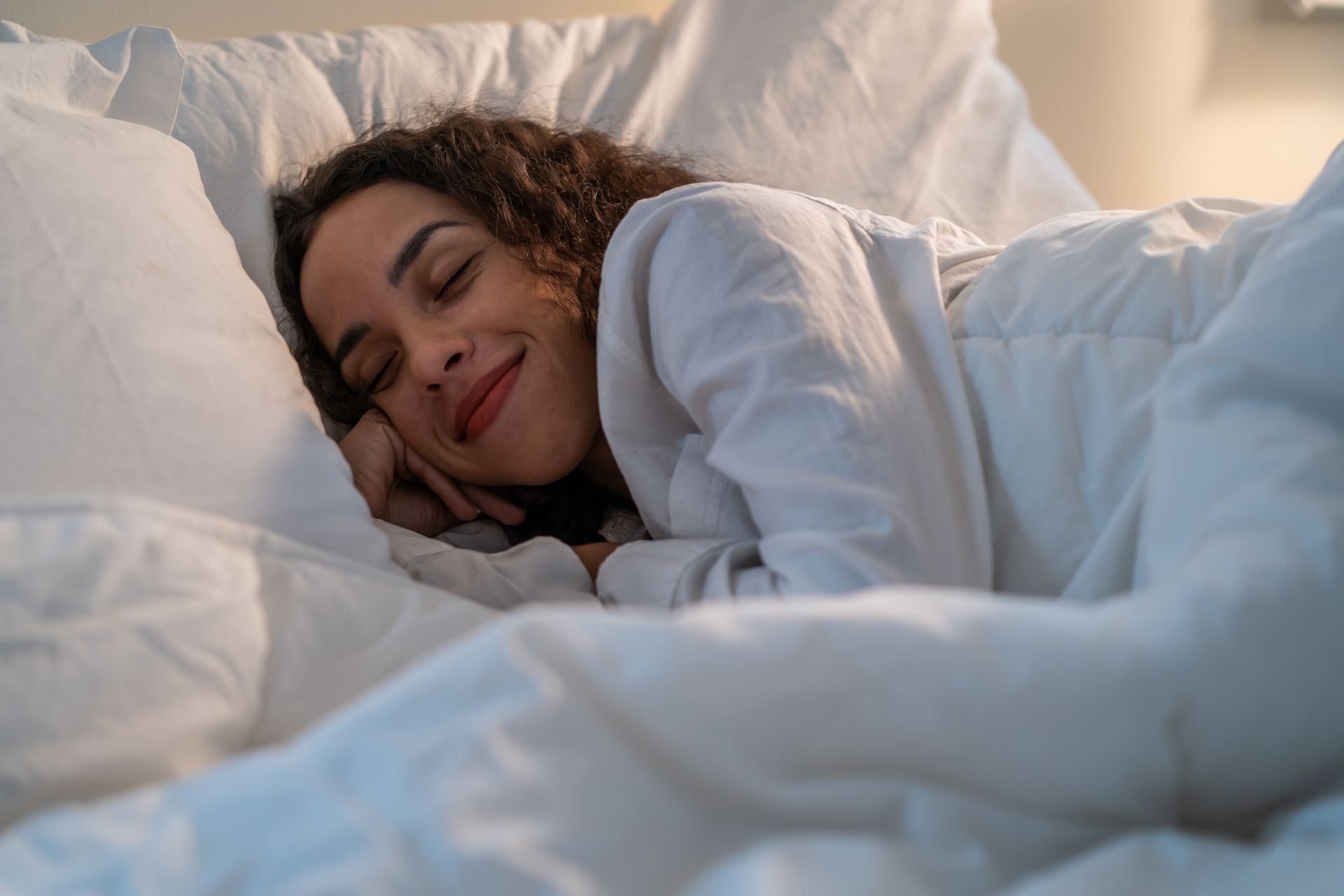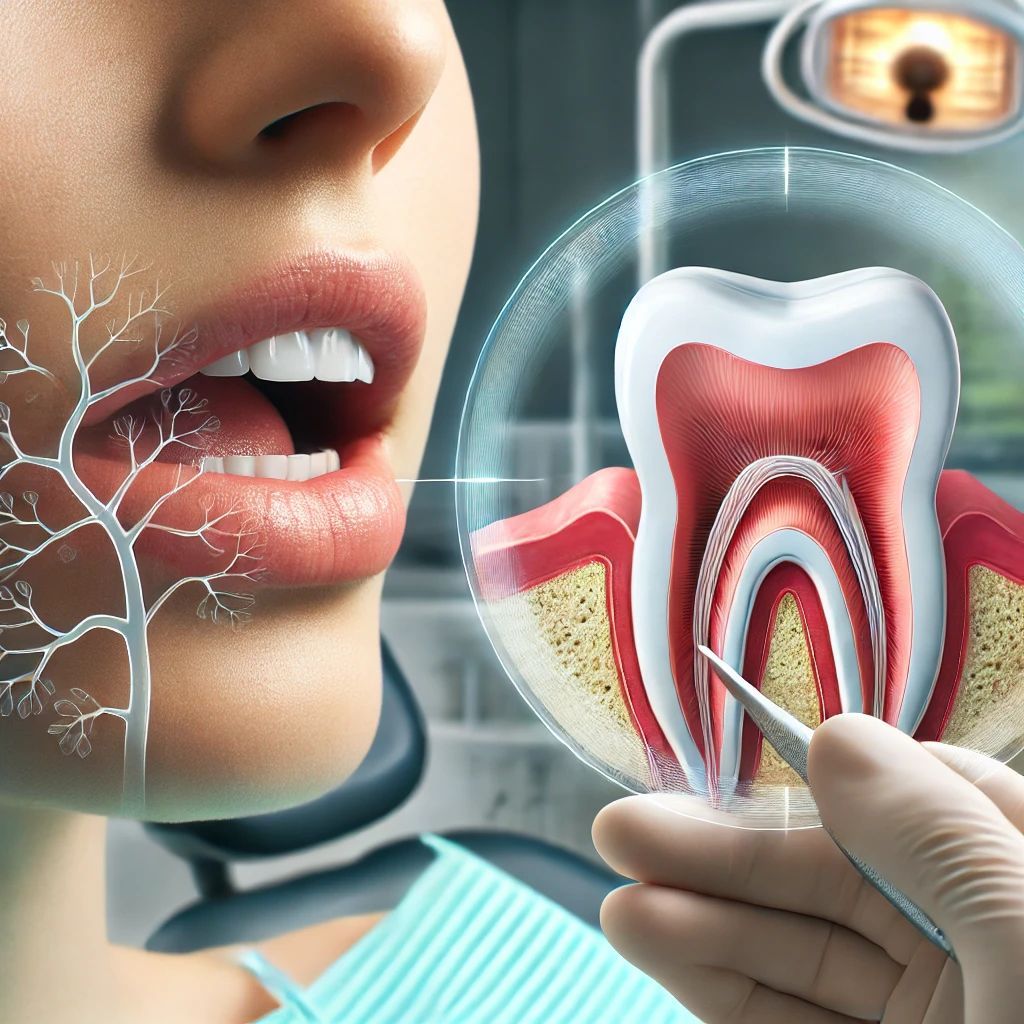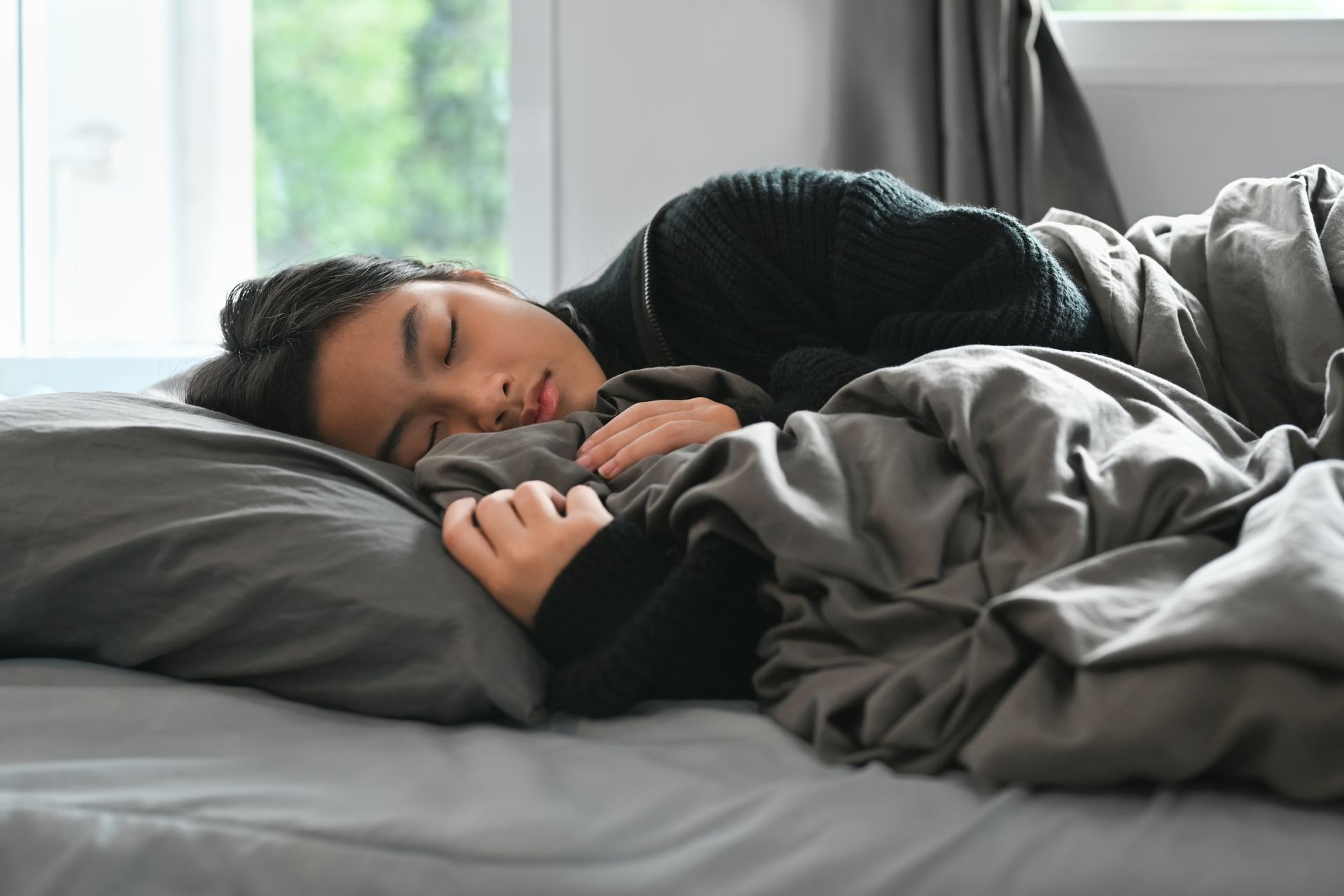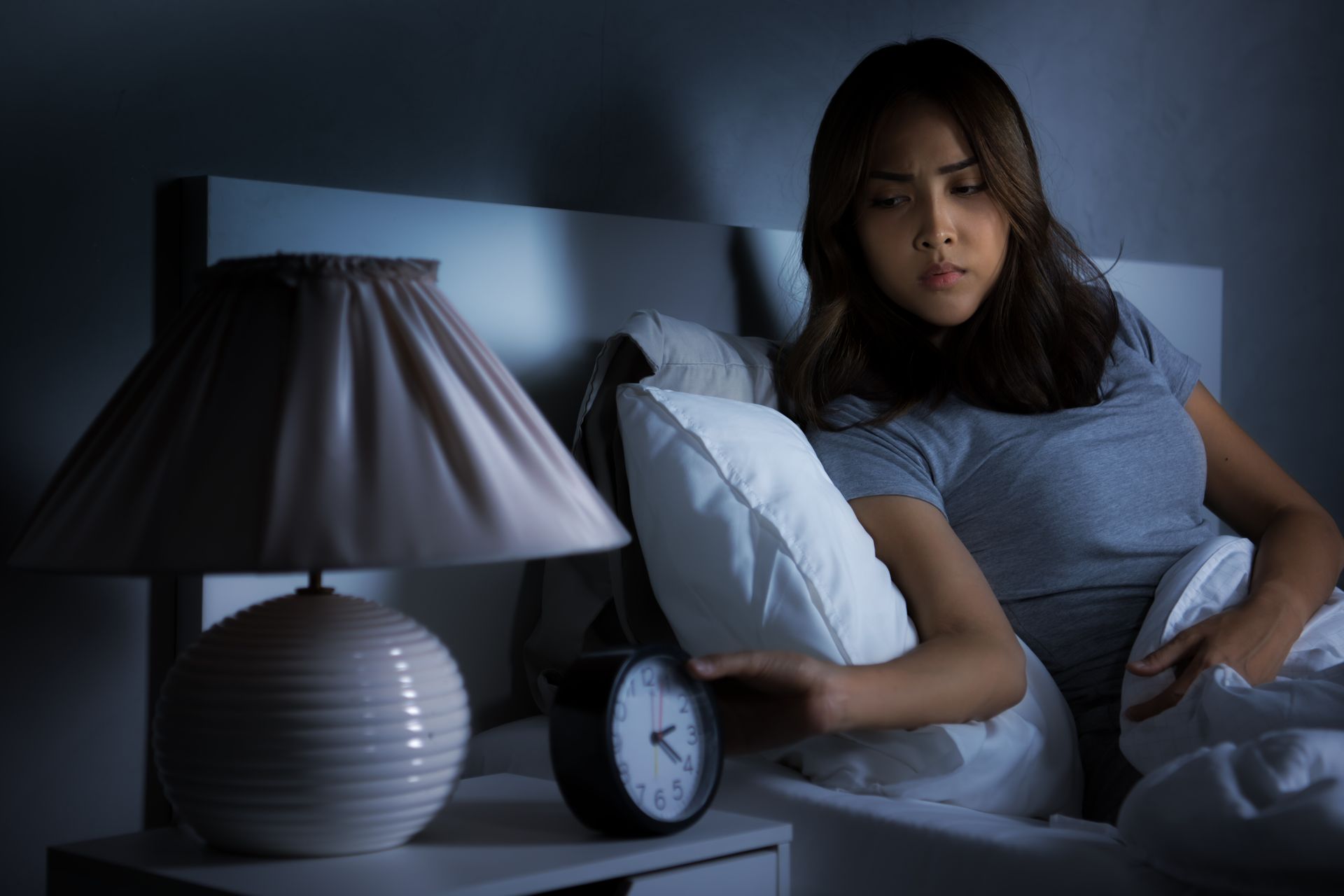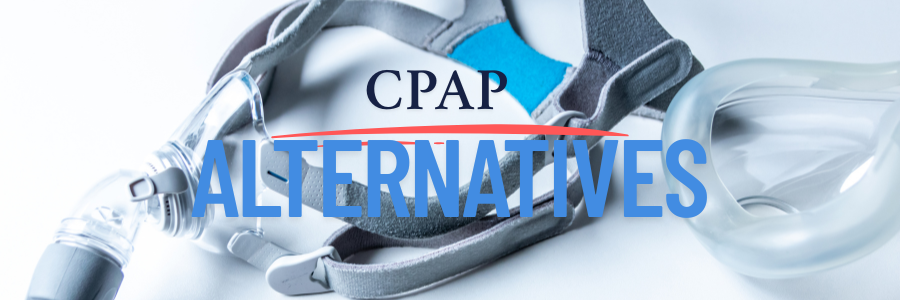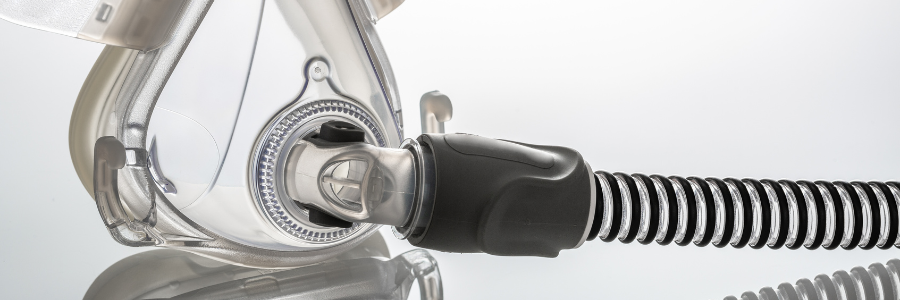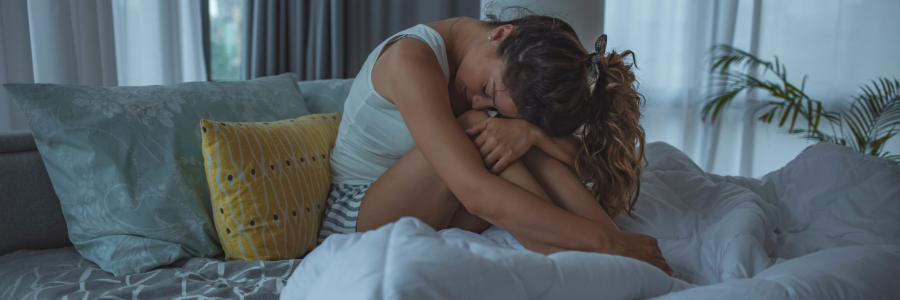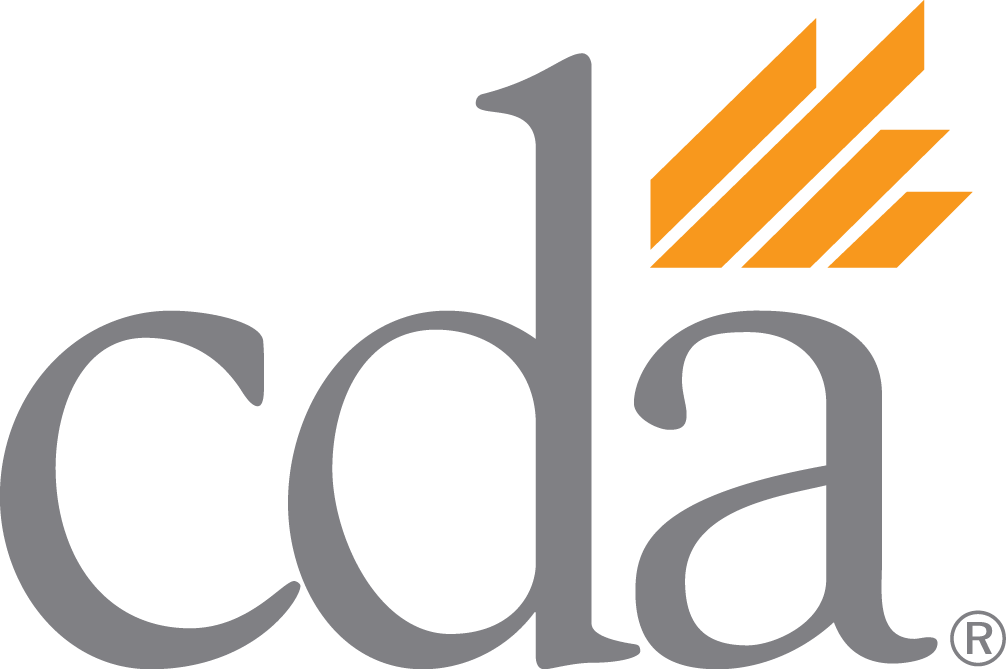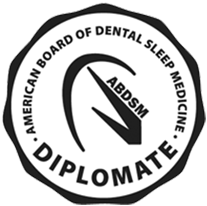Is There a Way to Treat Sleep Apnea Without a CPAP Machine?

The idea of a Continuous Positive Airway Pressure (CPAP) machine evokes images of a bulky mask, whirring noises, and a restless night for some people. While CPAP has long been the gold standard for treating sleep apnea, its drawbacks often leave sufferers wondering: Is there an alternative to a CPAP machine? The good news is, the answer is a resounding yes for many individuals.
Sleep apnea is a serious sleep disorder where breathing repeatedly stops and starts during sleep. These interruptions often last ten seconds or more, and can happen hundreds of times a night, leading to fragmented sleep and a host of health problems. Beyond chronic fatigue and irritability, untreated sleep apnea is linked to high blood pressure, heart attack, stroke, diabetes, and even increased risks while driving and completing daily activities. While CPAP effectively keeps the airway open, its discomfort, noise, and travel inconvenience lead many to seek a CPAP alternative.
This article will explore the various effective options now available, offering hope for those seeking a different path to restful, healthy sleep.
Understanding Sleep Apnea: Beyond the Obvious
The most common type is Obstructive Sleep Apnea (OSA), in which the airway collapses or becomes blocked during sleep, usually due to relaxed throat muscles or excess tissue. Less common is central sleep apnea (CSA), in which the brain fails to send proper signals to the muscles that control breathing.
Understanding your specific type and the underlying causes is the first step toward effective treatment. A sleep apnea screener can help identify if you're at high risk for sleep apnea, prompting you to seek a professional evaluation. This initial step can save time and guide you toward the most appropriate diagnostic tests, such as a polysomnography (sleep study), which provides a comprehensive picture of your sleep patterns and breathing.
Exploring Non-CPAP Alternatives for Sleep Apnea
The landscape of sleep apnea treatment has evolved significantly, offering several viable CPAP alternative options. These can often provide effective relief, particularly for those with mild to moderate sleep apnea or for those who simply cannot tolerate CPAP.
Oral Appliance Therapy (OAT)
One of the most popular and effective CPAP alternative options is Oral Appliance Therapy. These devices are custom-made by a qualified dentist, discreet and worn in the mouth much like a sports mouthguard. They work by gently repositioning the lower jaw and tongue forward during sleep, which helps to keep the airway open and prevent collapse.
- Benefits: OAT devices are small, portable, quiet, and far less intrusive than a CPAP machine. Many patients find them significantly more comfortable and easier to adapt to. They are ideal for travel and do not require electricity.
- Who is a good candidate? OAT is typically recommended for individuals with mild to moderate OSA, or for those with severe OSA who cannot tolerate CPAP. A thorough dental and sleep evaluation is necessary to determine suitability.
Positional Therapy
For some individuals, sleep apnea occurs primarily or exclusively when sleeping on their back. Positional therapy involves strategies or devices designed to encourage side sleeping.
- How it works: Simple devices, from special pillows to wearable alarms that vibrate when you roll onto your back, can help train your body to maintain a side-sleeping position.
- Benefits: This is a non-invasive, low-cost option that can be highly effective for position-dependent sleep apnea.
Lifestyle Modifications
Certain lifestyle changes can significantly reduce or even eliminate sleep apnea symptoms for many, especially those with mild to moderate OSA. These are foundational elements of any comprehensive sleep apnea management plan and can often act as an effective CPAP alternative or complement.
- Weight Loss: Even a modest amount of weight loss can dramatically improve sleep apnea, as excess tissue around the neck and throat can contribute to airway obstruction.
- Avoiding Alcohol and Sedatives: Alcohol and certain medications relax the throat muscles, increasing the likelihood of airway collapse during sleep.
- Quitting Smoking: Smoking can increase inflammation and fluid retention in the upper airway, exacerbating sleep apnea.
- Regular Exercise: Exercise can improve muscle tone throughout the body, including the throat, and contributes to overall health and weight management.
Surgical Options
For specific cases where other treatments have not been successful, or when there's a clear anatomical obstruction, surgical interventions may be considered. These are generally reserved for more severe cases or when non-invasive methods fail.
- Uvulopalatopharyngoplasty (UPPP): This traditional surgery removes excess tissue from the back of the throat and palate.
- Maxillomandibular Advancement (MMA): A more extensive surgery that moves the jaw bones forward to enlarge the entire airway.
- Hypoglossal Nerve Stimulation (e.g., Inspire): This involves implanting a device that stimulates the hypoglossal nerve, which controls tongue movement, to keep the airway open during sleep.
- When is surgery considered? Surgical options are usually explored after a thorough evaluation and when less invasive treatments have proven ineffective.
Combination Therapies
Sometimes, the most effective approach to treating sleep apnea involves combining different therapies. For example, a patient might use an oral appliance with some positional therapy or make significant lifestyle changes in conjunction with a mild intervention. A sleep specialist can help design a personalized plan that leverages the strengths of multiple approaches.
When is a CPAP Alternative the Right Choice?
Deciding whether a CPAP alternative is right for you involves a careful evaluation by a sleep specialist. These alternatives are often ideal for:
- Individuals who cannot tolerate CPAP: Many struggle with the mask, pressure, or noise of CPAP, leading to poor adherence. For these individuals, an alternative can mean the difference between no treatment and effective treatment.
- Those with mild to moderate sleep apnea: Often, these cases respond very well to less invasive options like oral appliances or lifestyle changes.
- When underlying causes can be addressed: If your sleep apnea is largely due to weight, alcohol consumption, or sleeping position, addressing these factors directly can be highly effective.
The most crucial step is a professional consultation. Only a qualified sleep physician can accurately diagnose your condition and recommend the best
CPAP alternative based on your specific anatomy, the severity of your apnea, and your personal preferences.
Taking the First Step: Your Path to Better Sleep
If you suspect you have sleep apnea or are struggling with your current CPAP therapy, it's vital to seek professional help. Self-diagnosis and self-treatment are not recommended, as sleep apnea can have serious health consequences if left untreated.
Begin by speaking with a sleep specialist. They can conduct a comprehensive evaluation, which may include a sleep study, to accurately diagnose your condition and determine the root cause. With a precise diagnosis, they can then recommend a personalized treatment plan that explores all available options.
Remember, a sleep apnea screener can be a helpful starting point to initiate the conversation with your doctor, but it should always be followed by a professional medical assessment. There are indeed effective options beyond the CPAP machine, and with the right guidance, you can find a path to restful, healthy sleep.
Frequently Asked Questions
Can I really treat sleep apnea without a CPAP machine?
Yes, for many individuals, particularly those with mild to moderate obstructive sleep apnea, there are effective non-CPAP alternatives such as oral appliance therapy, positional therapy, and lifestyle modifications. Severe cases might also have surgical options.
How do I know if I'm a candidate for a CPAP alternative?
The best way to determine this is through a consultation with a sleep specialist. They will evaluate your specific condition, the severity of your sleep apnea, your anatomy, and your preferences to recommend the most suitable treatment.
Is an oral appliance as effective as a CPAP?
For mild to moderate sleep apnea, oral appliances can be as effective as CPAP in reducing apnea events. For severe cases, CPAP is generally more effective, but an oral appliance can still be a valuable alternative for those who cannot tolerate CPAP.
What is a sleep apnea screener?
A sleep apnea screener is typically a questionnaire or a simple at-home test that helps identify individuals at high risk for sleep apnea. It's a useful preliminary tool to guide you toward a full diagnostic sleep study if needed.
Are lifestyle changes enough to cure sleep apnea?
For some individuals with mild sleep apnea, significant lifestyle changes like weight loss, avoiding alcohol, and changing sleep positions can resolve their condition. However, for many, these changes are part of a broader treatment plan that may include other interventions.
Don't let sleep apnea disrupt your life or your health. If you're exploring alternatives to CPAP or just beginning your journey to better sleep, Complete Health Sleep SoCal is here to help. Our experienced team specializes in comprehensive sleep apnea care, offering a range of advanced solutions beyond CPAP.
Take the first step towards a restful night's sleep. Schedule your free consultation today! or learn more about our services.
The information provided in this blog post is for educational purposes only and is not intended as medical advice. Always consult with a qualified healthcare professional for diagnosis and treatment of any medical condition, including sleep apnea. Individual results may vary. Complete Health Sleep SoCal specializes in providing personalized treatment options based on comprehensive evaluations. Your journey to better sleep starts with a professional assessment.
